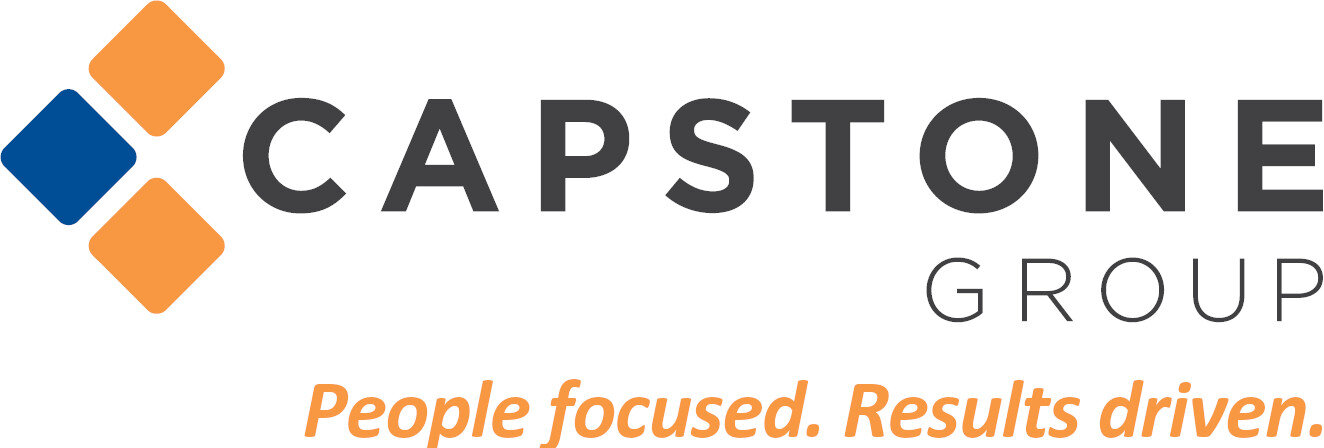About 12.7 million Americans signed up for 2016 health insurance coverage through the government insurance exchanges, surpassing its expectations, U.S. Health and Human Services Secretary Sylvia Burwell said on Thursday.
That means Republicans running in this year's elections may find it harder to deliver on their promise of repeal, while Democrats may yet be able to tap the newly insured as a voting constituency.
"It's not the unequivocal success that Obamacare advocates had hoped for, but also not the disaster that critics thought could make it a talking point on the campaign trail," said Larry Levitt, of the nonpartisan Kaiser Family Foundation.
The government began offering subsidies for individual insurance in 2014 under the Affordable Care Act, often called Obamacare, and charges a penalty to Americans who do not have health insurance.
In 37 states, customers can buy these plans on HealthCare.gov, the federally run website, while the other states and Washington D.C. run their own online exchanges. Enrollment closed on Jan. 31 for 2016.
This year was the third sign-up season, and different challenges emerged. The problem wasn't the HealthCare.gov website, which is faster, more reliable and easier to use. The issues involved the cost of coverage, the motivations of millions of people who remain uninsured, and the complexity of Obama's signature law.
Avalere Health said that based on Thursday's numbers, it expects 2016 year-end enrollment will be about 10.2 million, above President Barack Obama's administration's forecast of 10 million people being covered through the exchanges. Enrollment tends to dwindle over the year. Some people leave for employer coverage while other customers can't keep up with the costs, even with considerable financial help from the government.
More than 14 percent of Americans were uninsured in 2013 before the health care law's big coverage expansion. That share dropped to 9 percent last year, according to the government. More than 16 million people gained coverage from the end of 2013 to the middle of last year.
Insurers have been struggling to make money on the exchanges, where low enrollment has contributed to high per-customer overhead and has made it a riskier business for them.
Medical costs have also been an issue for insurers in 2015, with many reporting that they have booked unsustainable losses on these products. UnitedHealth Group Inc in November said that it may exit the exchanges after 2016.
On HealthCare.gov, about 4 million new customers signed up for plans and another 5.6 million consumers returned to buy insurance again, Burwell told reporters on a call.
In all, about 12.7 million people aged 18 to 34 signed up for the insurance, she said.
Customers who are younger tend to have fewer medical costs and are considered an important factor in creating financial stability for the private health insurers like UnitedHealth, Aetna Inc and Anthem Inc that sell these plans.
Andy Slavitt, who runs the Centers for Medicaid and Medicare Services division of the health department, said that the enrollment numbers had surpassed the mid-point of its projection to have between 11 million and 14.1 million people signed up for 2016 health coverage at this point in the year.



